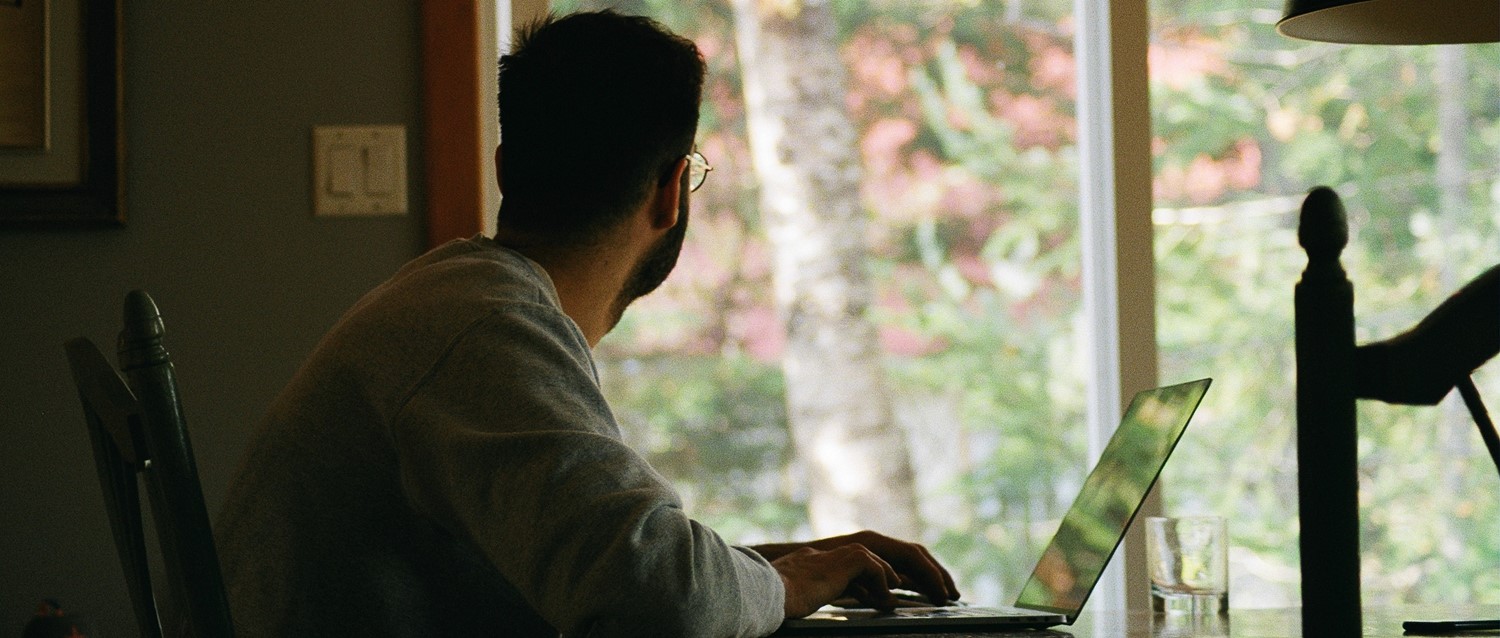
How to manage your mental health if you've been made redundant
Peer reviewed by Dr Sarah Jarvis MBE, FRCGPLast updated by Natalie HealeyLast updated 12 Aug 2020
Meets Patient’s editorial guidelines
- DownloadDownload
- Share
- Language
- Discussion
The COVID-19 pandemic has led to job losses and financial worries for many people. Experts share their advice for keeping your mental health in check during this difficult time.
In this article:
Use Patient's coronavirus checker tool if you have any symptoms of fever, a new cough or loss of smell or taste. Until you have used the tool and been advised what action to take, please stay at home and avoid contact with other people.
Economists are warning of a significant recession in the UK. And research from the University of Essex predicts more than 6.5 million jobs could be lost due to the economic fallout from COVID-19 and lockdown. It's never a good time to lose a job, but on top of all the anxiety and fear many people are already dealing with right now, redundancy can feel unmanageable.
"For most people, losing their job is a difficult blow," says consultant psychiatrist Dr Andrew Iles, of Priory Wellbeing Centre in Oxford. "Not only are people fearful about their income and the effect that might have on their ability to pay their bills or a mortgage, losing a job can lead to feelings of worthlessness and shame."
For a lot of us, a job is not just a job. Many see their profession as part of their identity. Plus, work can provide structure and a sense of purpose for some people. And financial worries can greatly affect our mental well-being at the best of times. Right now, concerns for the future and how you're going to pay for it can be profound.
"At the moment, it's very difficult to plan for the future which can make money worries especially challenging," says consultant psychologist Dr Elena Touroni, co-founder/co-CEO of My Online Therapy.
Continue reading below
How to protect your mental health if you lose your job
Although job loss can feel like a huge shock, there are ways you can protect your mental health during this challenging time.
Take time to process it
Don't brush those difficult feelings off. If you've lost your job or are experiencing financial difficulties due to the crisis, take some time to process what has happened. Dealing with those feelings now will be much better for you in the long term than pushing them down.
"Be kind with yourself and recognise that you are going through a tough time," says psychologist Venetia Leonidaki. "Treat yourself by doing things that you enjoy and which have a soothing effect such as taking a bath, listening to your favourite music and getting enough sleep."
Don't take it personally
There are many factors outside of your control which could have led to your job loss or financial worries. Plenty of people are in the same boat right now, so try not to take the situation personally.
"At times such as the COVID-19 pandemic, it may be helpful to remember that it may not have been financially viable for your job role to be retained," says Iles. "Do remember that this is not about your work or your productivity."
Avoid asking yourself 'Why me?', he advises. Try to put some emotional distance between the lost job and yourself, so you're able to accept it without blaming yourself.
Take practical steps
Once you feel emotionally ready and you've given yourself some time to grieve and process the news, you can start taking some practical next steps. This is a chance to think about what industries are still hiring and the sort of role you might find fulfilling.
See what financial benefits you're entitled to in the meantime, update your CV and start reaching out to contacts who might be able to help you find a new role.
Stop scrolling
You may have suddenly found yourself with more time than you know what to do with, but don't fill that gap with infinite news. It will likely just make you feel more anxious about what's going on.
"Try to limit the amount of time you spend reading news," advises Iles. "Sometimes a news story may just be a different take on the same information published earlier in the day."
Create a new routine
It may be tempting to go to bed late and sleep well into the day, but this probably won't make you feel better. Create a new routine for yourself that's easy to stick to. Wake up and go to bed at the same time each day and plan your meals, activities and exercise. It will give this strange time a sense of order.
"It is all too easy to give in to the feelings of lethargy and hopelessness," says Iles. "But if you can, push yourself to get fresh air and where possible, daylight each day."
Avoid becoming isolated
Even though you may not be able to meet up with people outside your household at the moment, you don't have to go through this alone. Pick up the phone, or video call your loved ones - you'll likely feel better after talking to someone you're close to.
But if you find it hard to open up to people you know, calling a helpline such as Samaritans can be hugely helpful. Call free on 116 123 day or night - their listeners have lots of training on the mental health impact of money worries and job loss.
You could also speak with your GP if you're worried about your mental health or self-refer for NHS talking therapies in your area. You can also easily book private video counselling via Patient Access from anywhere in the UK.
If you're really struggling, it may help to read our advice on dealing with suicidal thoughts during lockdown.
But don't be tempted to turn to alcohol or other substances to deal with your negative emotions.
"Turning to alcohol or substances is something which you should try to avoid at all costs," says Iles. "They may bring temporary relief but are likely to turn into additional problems further down the line."
Find moments of optimism
This is an extremely trying time for everybody, but the only way to get through it is to actively seek out moments of hope and happiness. Don't look too far ahead - it's easy to get overwhelmed. You may find mindfulness or breathing techniques can help anchor you in the present and relieve feelings of anxiety.
"Take note of the things in your life that you are grateful for such as your health, family and friends," says Touroni. "You should also notice and call out any catastrophic thoughts - for instance, about how things might be this way forever or how difficult things might be in the future. Now is the time to draw on our inner resilience and resources and focus on taking it moment by moment, one day at a time."
Patient picks for Workplace health

General health and lifestyle
How to improve your mental health while working from home
The first lockdown in March 2020 made working from home a part of millions of people's lives overnight. Nearly two years later and many businesses have adapted a hybrid approach where home-working is the norm. However, this new way of working can take a toll on your mental health, especially when lone working is a stark contrast to the hustle and bustle of a hectic office environment. Let's look at how you can improve your mental health while working from home.
by Emily Jane Bashforth

General health and lifestyle
How will not going back to the office affect our health?
Whether you long to be back in a swivel chair or plan to Zoom from bed forever, either way many office workers will by now have firm opinions on remote work. As more and more employers launch 'hybrid working', employees must now count the physical and mental costs of a year of working from home.
by Ellie Broughton
Article history
The information on this page is peer reviewed by qualified clinicians.
12 Aug 2020 | Latest version

Ask, share, connect.
Browse discussions, ask questions, and share experiences across hundreds of health topics.

Feeling unwell?
Assess your symptoms online for free
Sign up to the Patient newsletter
Your weekly dose of clear, trustworthy health advice - written to help you feel informed, confident and in control.
By subscribing you accept our Privacy Policy. You can unsubscribe at any time. We never sell your data.